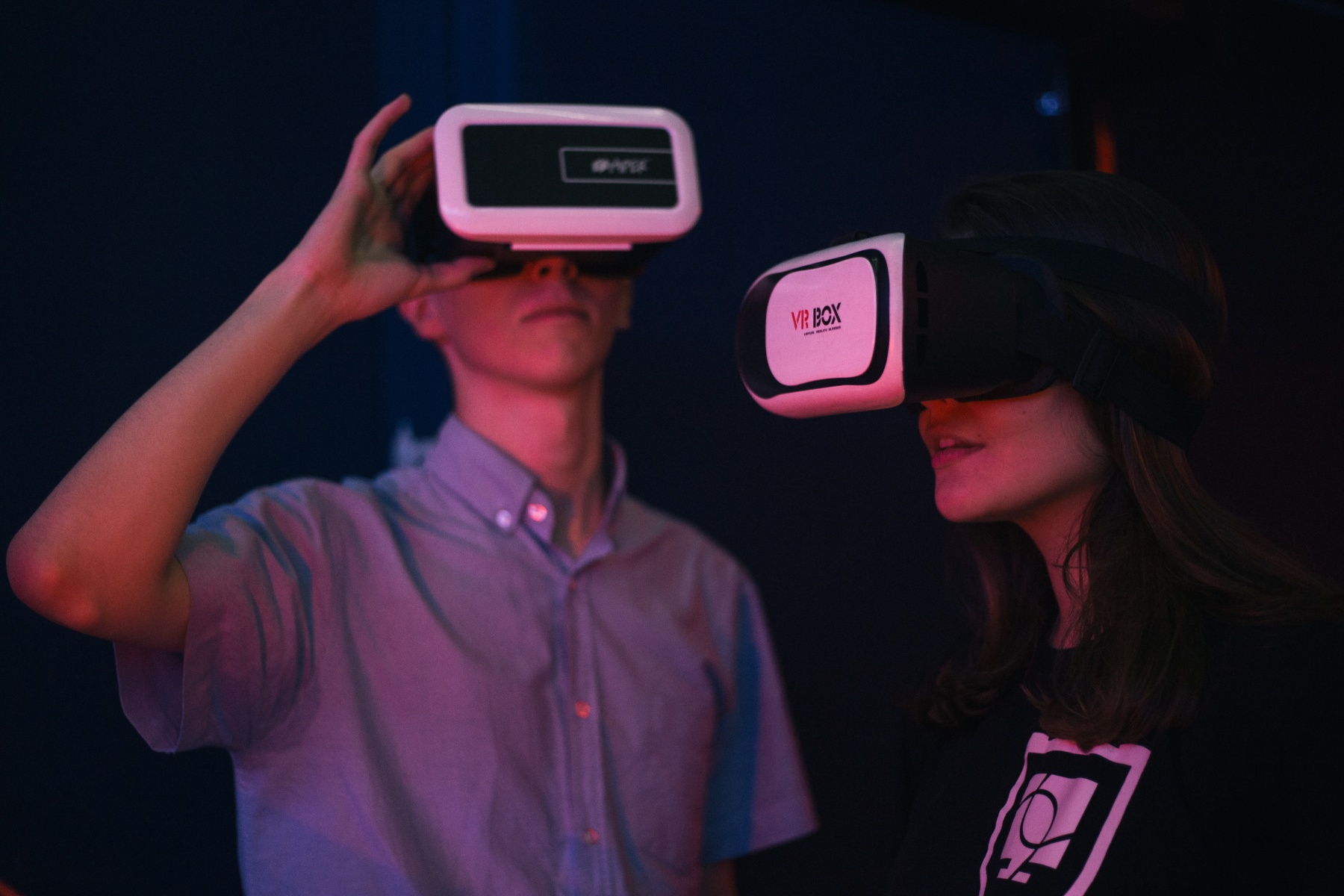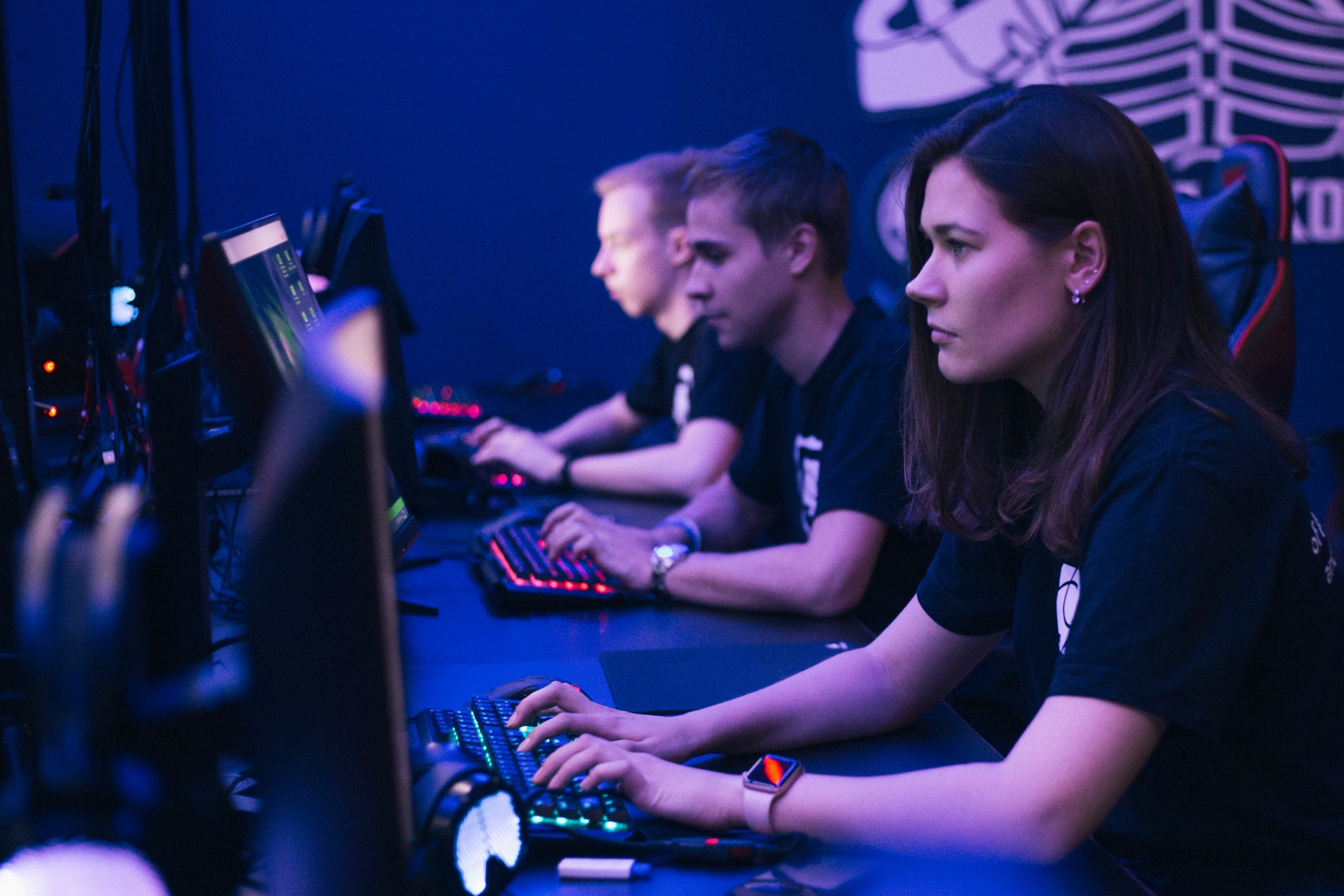At the end of 2019, the Laboratory for Artificial Intelligence and Industrial Analytics opened at the TSU Institute of Applied Mathematics and Computer Science (IAMCS). We met with Alexandr Zamyatin, Doctor of Engineering, Director of the IAMCS, and talked about why AI has become such a hot theme on the agenda. However, we could not but ask several questions about the training programs for future AI experts.
- What does the Institute offer to its enrollees today and what should young people be ready for?
- Today we offer four undergraduate programs, about a dozen master's degree programs, and one specialty. We have seriously redesigned the curriculum for the next academic year. Our main goal is to  find the right balance between a strong mathematical background and the study of subject areas where one can apply this knowledge to solve particular problems. For example, in the sphere of so-called “digital twins”, in which a specialist creates a mathematical model of an object, process, or phenomenon, recreating it digitally for the subsequent comparison of the model with the reality. It helps to predict how production will go, to see possible problems with the equipment, or to suggest ways to improve the technology. And it turns out that a person with a mathematical background becomes a unique well-paid specialist who can solve the most modern production problems.
find the right balance between a strong mathematical background and the study of subject areas where one can apply this knowledge to solve particular problems. For example, in the sphere of so-called “digital twins”, in which a specialist creates a mathematical model of an object, process, or phenomenon, recreating it digitally for the subsequent comparison of the model with the reality. It helps to predict how production will go, to see possible problems with the equipment, or to suggest ways to improve the technology. And it turns out that a person with a mathematical background becomes a unique well-paid specialist who can solve the most modern production problems.
- There is a stereotype that mathematicians have bad communication skills and poorly adapt to other spheres, for example, in business. How do things go with the employment of your graduates?
- Most of them find jobs while still being students. The labor market is short of IT specialists, especially when mathematics is required. The demand from employers still greatly exceeds the capacity of universities to produce such professionals. Some graduates stay for postgraduate programs and we choose those who are ready and able to do science.
 Often bachelor graduates feel certain freedom of choice in life, provided by their diplomas. They start working but after a while return with a desire to continue their studies, because some positions, for example, in the RnD sector, require the highest qualifications and research skills. Relatively speaking, a bachelor is on the team that manages a project, a Ph.D. is the head of that project.
Often bachelor graduates feel certain freedom of choice in life, provided by their diplomas. They start working but after a while return with a desire to continue their studies, because some positions, for example, in the RnD sector, require the highest qualifications and research skills. Relatively speaking, a bachelor is on the team that manages a project, a Ph.D. is the head of that project.
In this regard, I would like to mention the concept of “creativity”. It is usually associated with art. However, in a broad sense, creativity is the ability to propose non-standard solutions and create something that did not exist before. I think there is no need to explain how important it is in engineering. I don't see much difference at all between creating an original piece of art and implementing an original project. Real science is about creative people. Any candidate or doctoral dissertation must have scientific novelty, that is, an original author's solution to a problem that did not exist before.
Editorial Board
˃ next
˂ previous
